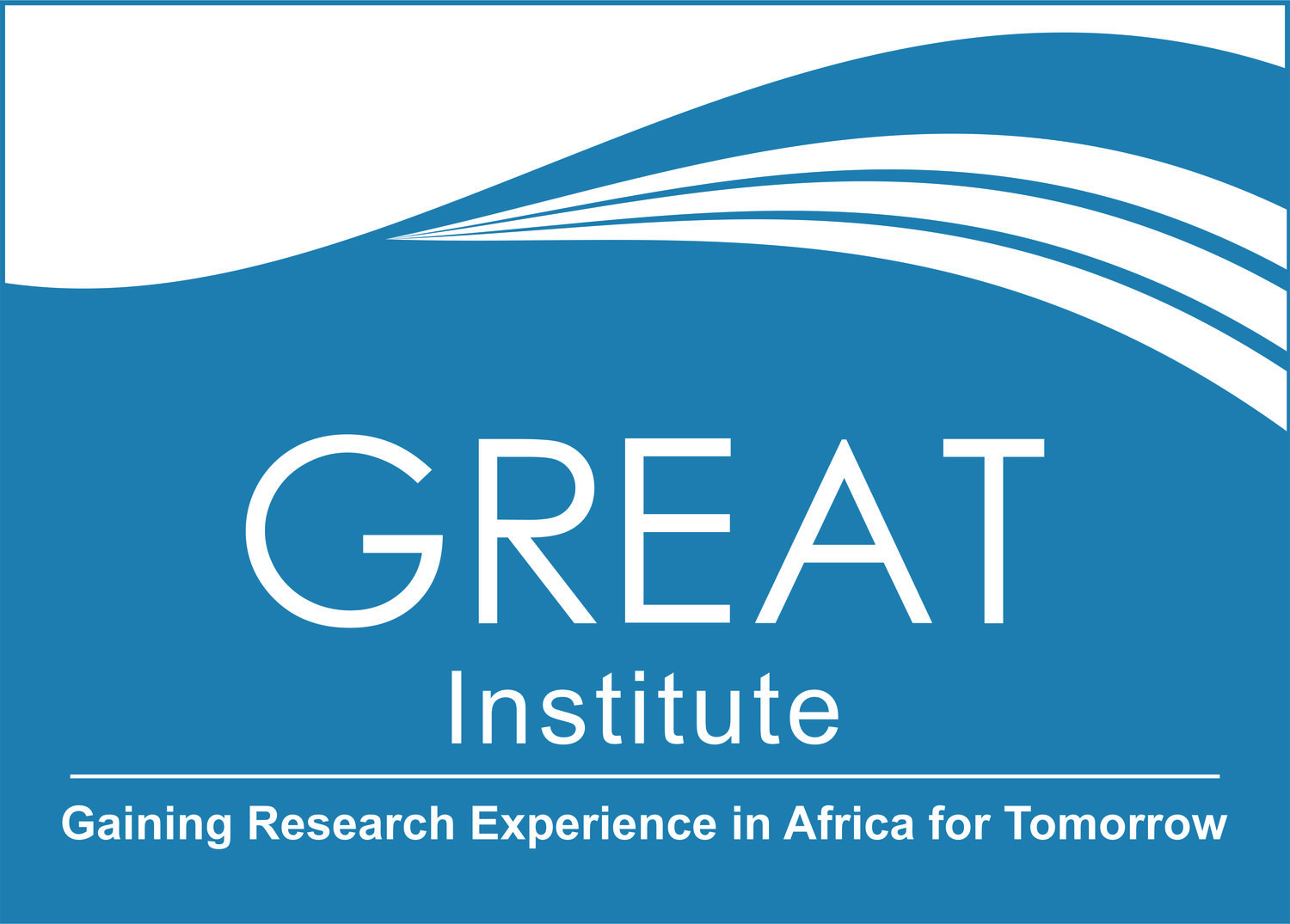GREAT Institute established the first-ever citizens’ science programme for environmental monitoring along the River Gambia in 2021 to get an in-depth understanding of the dynamics and functioning of the river. A recent addition to GREAT Institute’s programmes was developed to understand the tributaries along the River Gambia. These tributaries connect smaller streams to the main river and play an important role in the ecological functioning of the river. Monitoring tributaries will help assess the dynamics of the river, analyse trends, make informed decisions, and develop strategies to improve water quality, ensure the water meets its designated use, and aid community development.
Using the citizen science approach, the Promoting Conservation in The Gambia (PCG) through the Establishment of a Coastal Citizen Science Programme was developed specifically to facilitate sustainable conservation efforts to protect the prime mangrove forest along the River Gambia and its tributaries. The River Gambia is low-lying, making it vulnerable to saltwater intrusion causing biodiversity loss, mangrove dieback, food insecurity, and alteration in the river’s water quality. Therefore, there is a need for a participatory approach using citizen science to contribute to the conservation of the nation’s most prominent feature.
The citizen science programme presents a collaborative approach to enhance community engagement and build on an expanding network of citizen scientists, research, and practice to contribute to marine conservation. The PCG programme engages Community Science Leaders (CSLs) who are students from the University of The Gambia, Community Focal Points (CFPs) who are oyster harvesters belonging to the TRY Oyster Women’s Association, and Community-based Organizations (CBOs) in a transdisciplinary research approach to aquatic research and conservation. The project continues to train and build local capacity to actively participate in routine environmental monitoring of six tributaries along River Gambia. The goal of this project is to develop participatory methods to monitor and rehabilitate degraded mangrove ecosystems to promote conservation along the river Gambia and its tributaries. The programme was launched in January 2023.
~David Adesina Davies







